This article is part of a series of SBS News stories marking National Science Week (11–19 August).
Students at Sydney's Marsden High School make bottle rockets, print 3D designs and engineer solar-powered cars.
It's science, technology, engineering and maths, but not as we once knew it.
Year 9 student Hayden Baker chose Marsden's dedicated STEM elective and his class is making computer designed racing cars propelled by a carbon dioxide cartridge.
"We start with a block of balsa wood and we have to design what we want our car to look like on the computer. And then we put in into a Roland [cutting machine] and it cuts it out for us," he tells SBS News.
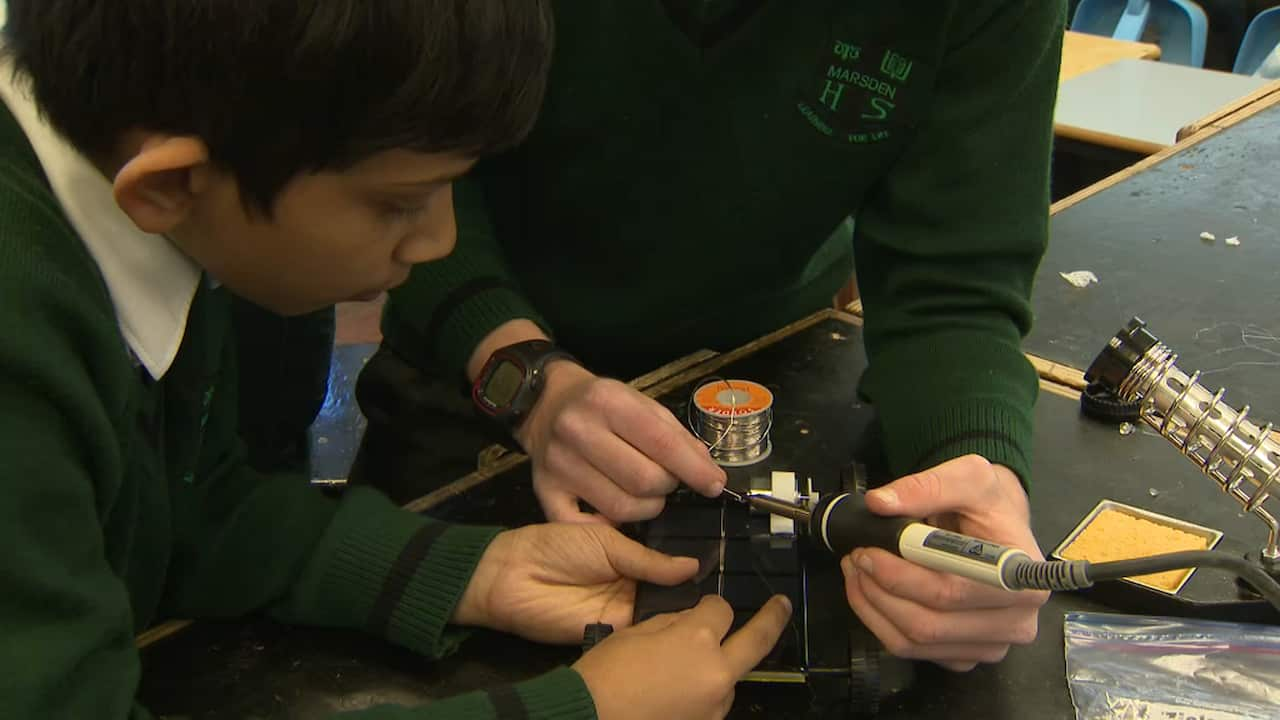
Source: SBS
Design technology teacher Dean Hannah says the subjects he teaches are as much about critical thinking as developing technical skills.
"What I try and teach my students is creativity in thinking, and particularly risk-taking and applying all those skills to solve problems on their own. And also being able to build it in a totally and completely different way," Mr Hannah said.
Robot wars
At Barker College in Sydney's North, students work on technical projects of their own.
Starting from Year 5, they design and build robots to compete in international competitions against other schools.
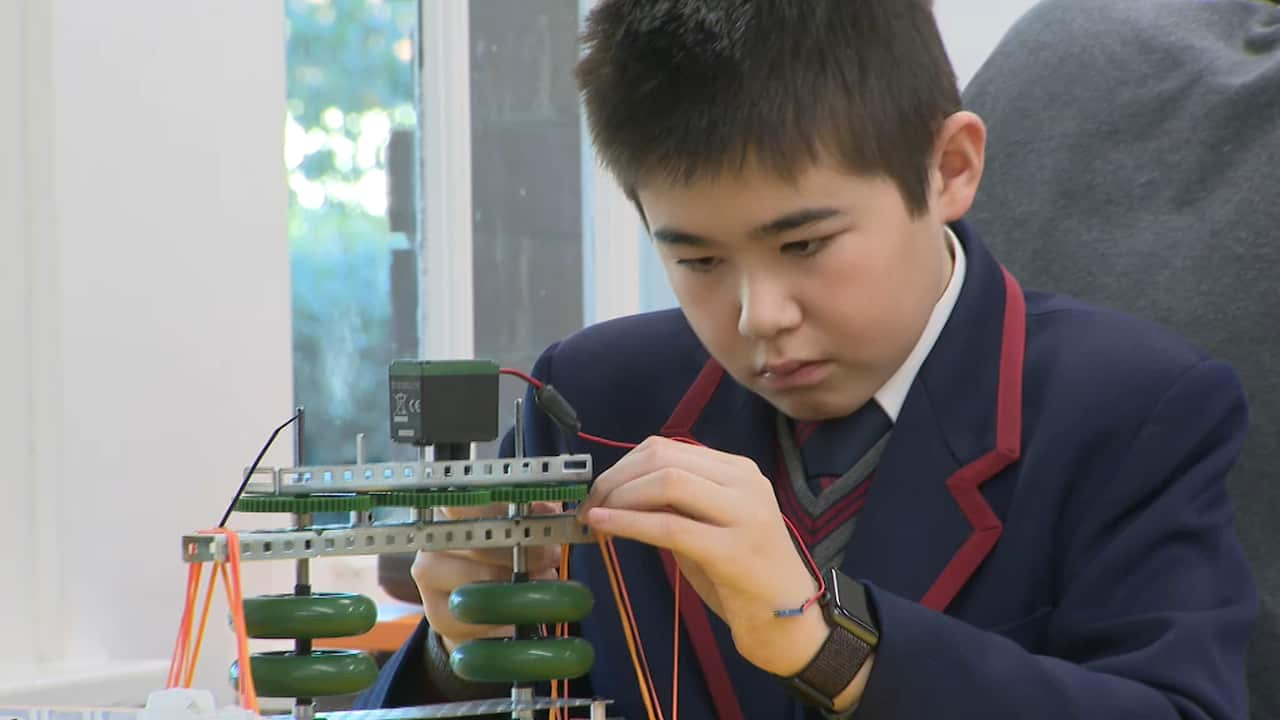
A robotics student at Barker College. Source: SBS
Year 12 student Saskia Ridley-Smith hopes to become a biomedical engineer. She says she chose to study robotics to further her engineering skills:
"I've always been really into my science and my maths and I felt that this was a really good activity for me to bring those skills to the table and update my mechanical skills."
The school's robotics coordinator Lael Grant says students are more engaged when they take on a hands-on approach to STEM learning:
"Our students engage with the work in a way that is totally different to what you'd normally see in a classroom. They start to respond to the challenge and the game challenge in a very vibrant and passionate way."
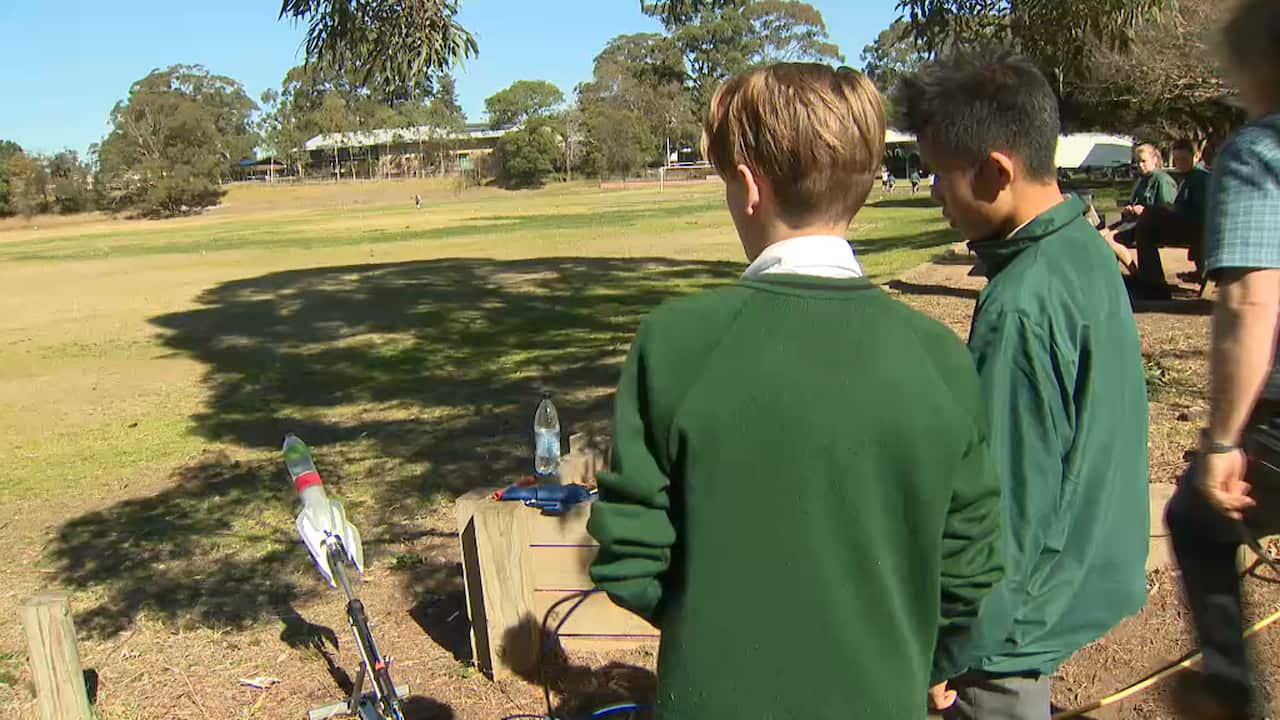
Source: SBS
'We need to respond'
Both schools are part of a growing number offering robotics, coding and other advanced STEM subjects.
They are hoping to prepare students for university courses and a workforce that may not even exist yet.
Head of Barker College Phillip Heath says it is important schools adapt as new technologies emerge:
"I would not have forecast where we would be now ten years ago, but it's essential that schools be responding ... and to look outwards, not just in Australia, not just in the neighbouring school, but what's happening across the world."
A 2018 report by Australia's chief scientist Alan Finkel found Australia was lagging behind other OECD countries in terms of STEM competency.
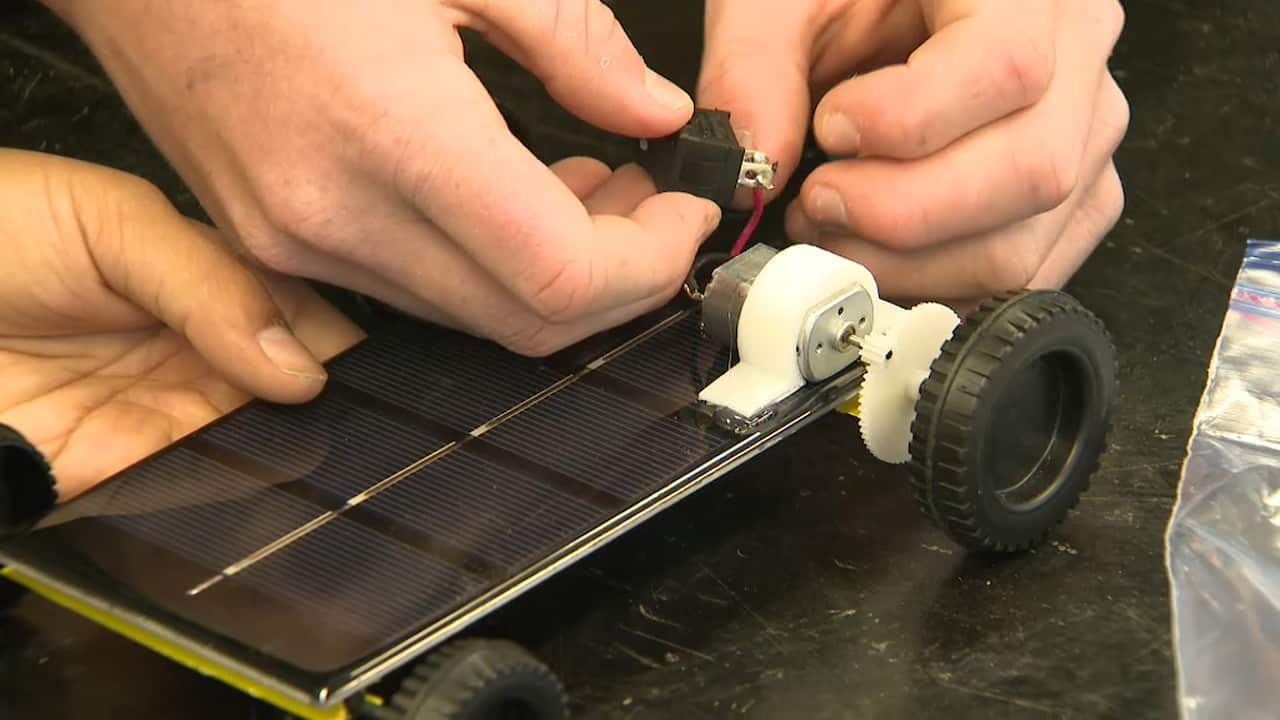
Source: SBS
As of 2019, digital technologies will be a mandatory addition to the school curriculum for Year 3 to Year 8 students.
James Curran from the Australian Computing Academy was responsible for writing that curriculum.
"Pretty much every aspect of our lives has been changed by technology and continues to be changed by technology," Mr Curran said.
"As Australians, we either have the opportunity to control those changes and be a part of that revolution, or just sit back and let someone else make all of the decisions for us."
But changing the curriculum hasn't been a smooth process.
As their subjects evolve, thousands of STEM teachers need to learn new skills and concepts to then teach their students.
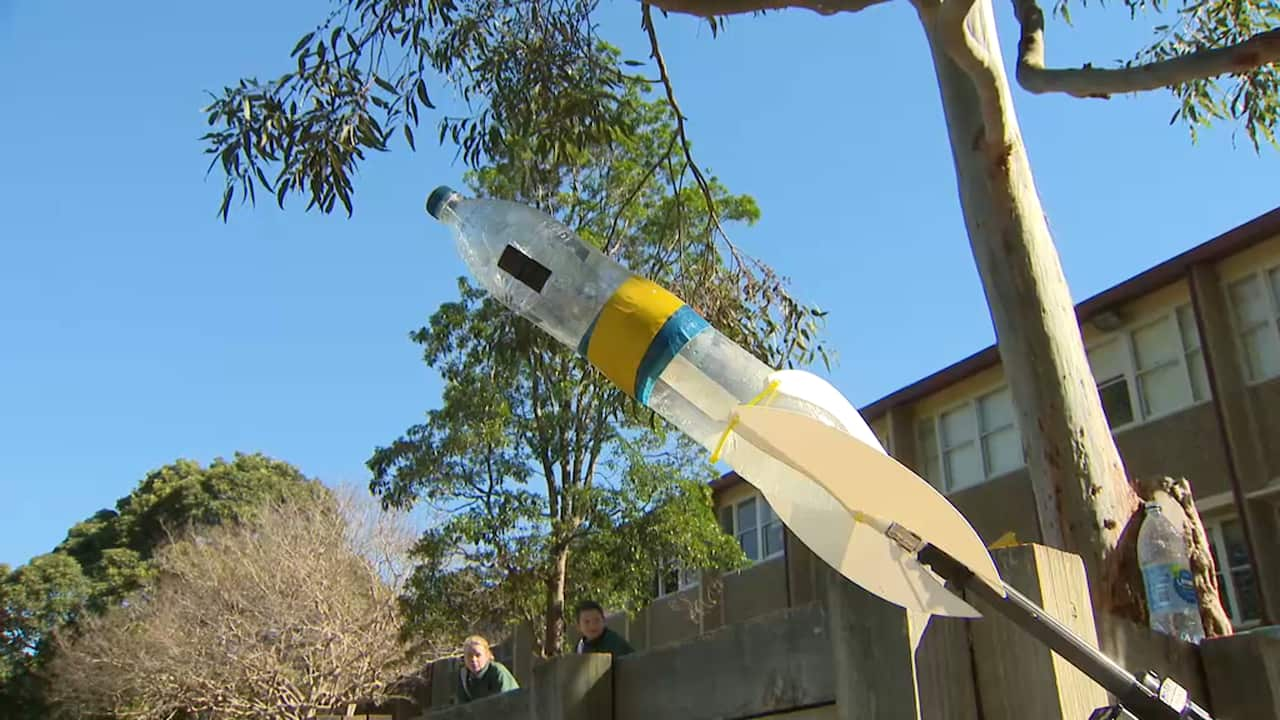
Source: SBS
"We have over 100,000 teachers in Australia who haven't necessarily learnt about this when they were at school or when they were training to be a teacher at university, who will now need to teach computer programming and data analysis for the first time," Mr Curren said.
"That's a lot of people that need a significant amount of new training and don't have a lot of time to do that. We need governments and industry to step up to help teachers implementing this curriculum."
Share

